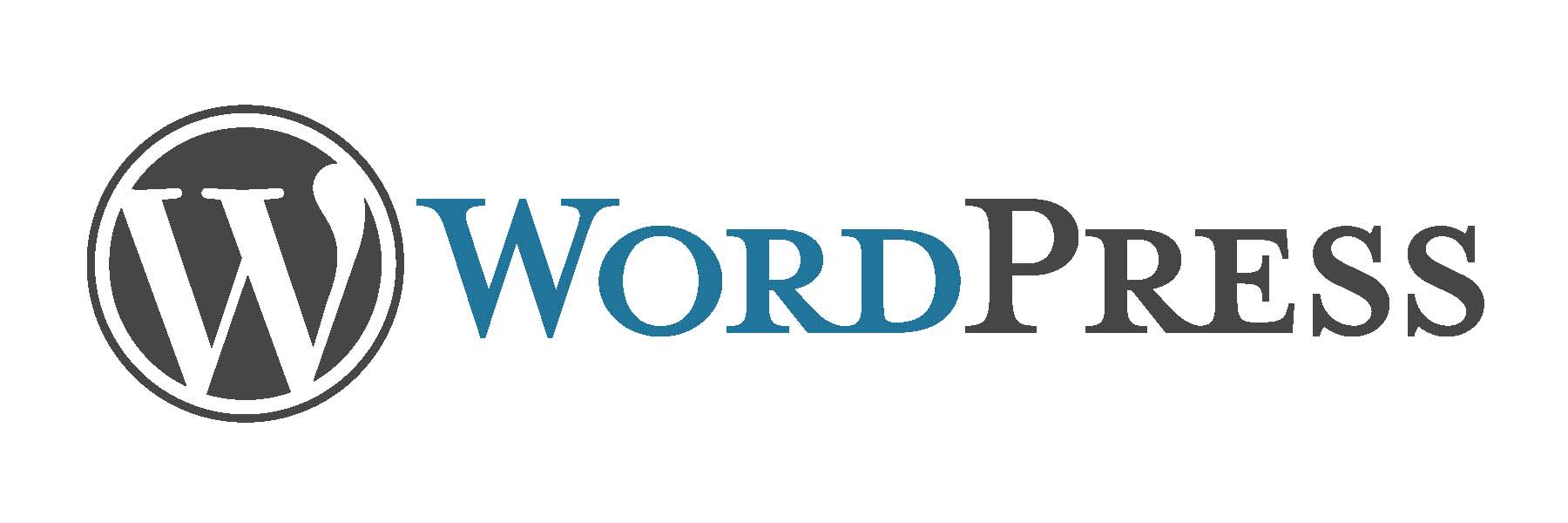The Django vs WordPress series: Part 1 (WordPress)
Ever since 2003, WordPress.com has been the number one destination for putting up a small website or a blog. Even people with no technical knowledge can build a website on WordPress in a matter of minutes. Unsurprisingly, WordPress is behind about 3 million active websites – about one in every three websites is built on WordPress. But you will also find a lot of web agencies who love to hate WordPress. Let’s see why.

What is WordPress?
WordPress is a classic CMS. It is written in PHP and MySQL. And it is free.
The main feature of WordPress is the ability to easily add themes, plugins and widgets to the page. There are tens of thousands of WordPress themes and WordPress plugins on the internet. Some of them are free, while the others charge a relatively small fee while providing impressive interface and features.
WordPress provides a user-friendly interface for adding and managing these themes and plugins. This is what makes WordPress popular – you don’t need advanced programming skills to install and manage a WordPress blog or website. WordPress also has an out-of-the-box/one-click support by the majority of the web hosting services.
On the flip side, this leads to many poor-quality WordPress websites on the internet. This is why professional software developers avoid WordPress – it has a reputation of being a “tool for amateurs”.
However, there are hundreds of professionally-built WordPress websites on the internet. There are even professional web design studios and web development agencies which exclusively develop WordPress websites. And they produce very high-quality websites. Therefore, it is not fair to blame WordPress for the big number of poor-quality websites – WordPress is just a tool in the hands of the web developer.
What are the most common uses of WordPress?
WordPress is mainly used for powering up blogs. Its first templates were mainly based on a blog layout, complete with publishing tools, comments, RSS, etc. Eventually, this developed into a newspaper/magazine template style. Today, there are many single-page websites and websites with a small number pages of static content that use WordPress. Large WordPress applications are also possible to build, however, this is not the core competence of the WordPress engine.
Does Coderoo recommend using WordPress?
It depends on your project. For the following projects, we would suggest you build a website on WordPress:
- A blog or a newsletter website
- Single page / One-page website
- A small to medium e-commerce website
- Website with static content
- Small-scale applications
WordPress may be easy and cheap to get running. However, there may be cases where it may lead to serious limitations and higher maintenance costs down the track. We recommend against using WordPress in projects, such as:
- Large-scale applications
- Enterprise applications where security is paramount
- Websites with a lot of dynamic content updated in real-time
- Custom websites/applications with bespoke, non-standard functionality
- Upgrade of an existing website or application
- Website or application with integration into existing solutions
About the “Django vs WordPress” series
The ever-growing field of web development has produced a countless number of frameworks and content management systems (“CMS”) over the years. Most of them did not stand the test of time. Django and WordPress are two technologies that did. Moreover, they keep growing in popularity and supporting more websites than ever. In Coderoo, we offer web development using both Django and WordPress and many of our customers ask – which one is better? This series will try to answer this question in a nutshell.
Whether you want to build a website on WordPress or on Django, we hope that this series will be helpful for you.
Also in this series:
- Part 2: Django (coming soon)
- Part 3: Django vs WordPress – Which one to use? (coming soon)